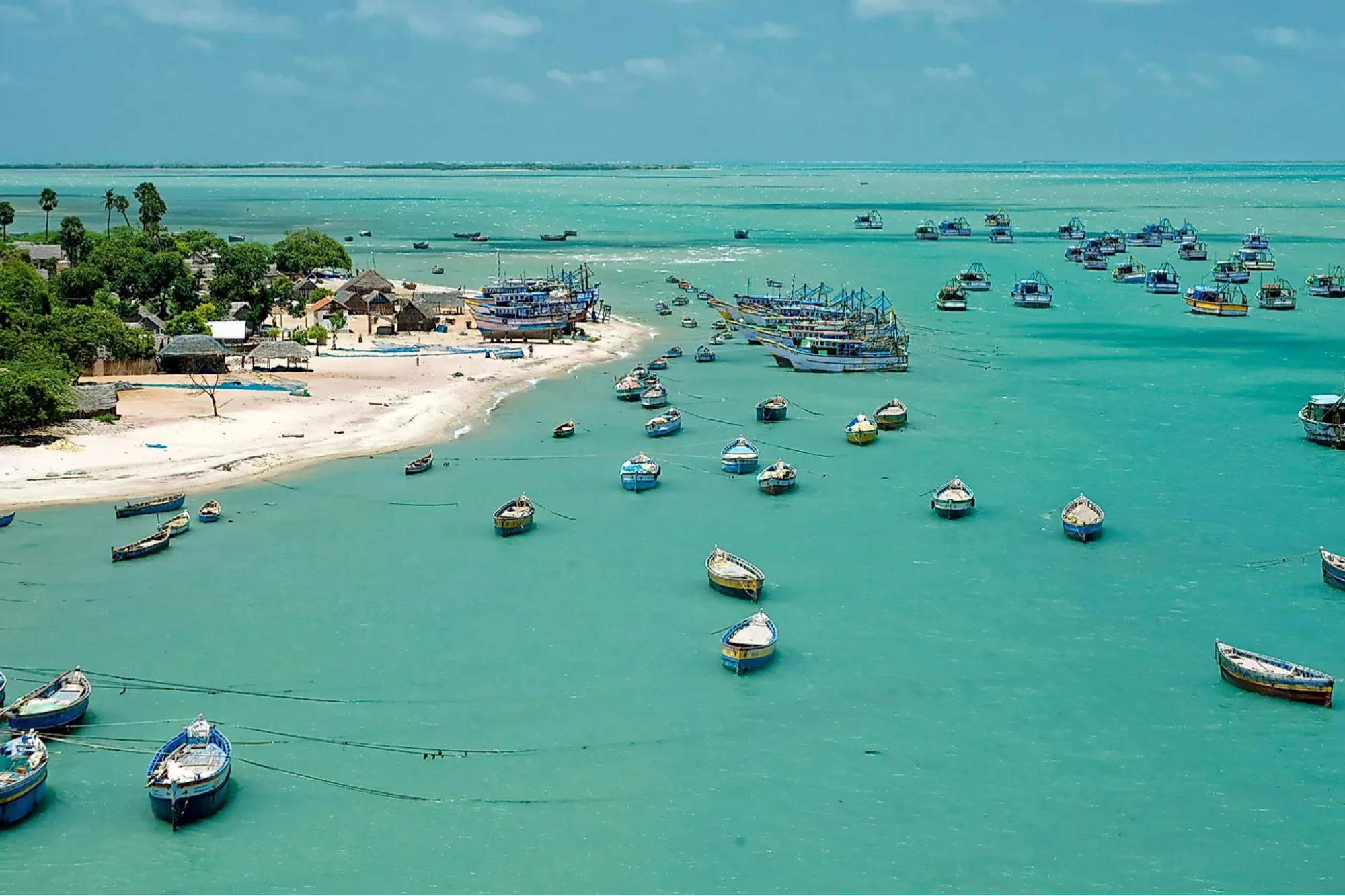Tamil Nadu Launches INR 50 Cr Project to Restore Kariyachalli Island in Climate Fight The project is part of the World Bank-backed SHORE (Sustainably Harnessing Ocean Resources) programme and is led by the state's Department of Environment, Climate Change and Forests. Key partners include IIT Madras and the Suganthi Devadason Marine Research Institute.
You're reading Entrepreneur India, an international franchise of Entrepreneur Media.

In a major step to tackle climate-driven coastal erosion, the Tamil Nadu government has launched an INR 50 crore initiative to restore Kariyachalli Island in the Gulf of Mannar. The island, part of the Gulf of Mannar Marine National Park, has shrunk by over 70% since 1969—from more than 21 hectares to under six. Experts warn it could disappear entirely by 2036 if no action is taken.
The project is part of the World Bank-backed SHORE (Sustainably Harnessing Ocean Resources) programme and is led by the state's Department of Environment, Climate Change and Forests. Key partners include IIT Madras and the Suganthi Devadason Marine Research Institute.
A total of 8,500 specially engineered artificial reef blocks made of ferrocement and steel will be placed around the island. These structures are designed to absorb wave energy, trap sediments, and support marine biodiversity by creating new habitats.
Importantly, the initiative involves local fishing communities. Over 300 fishers from Tuticorin are being trained as conservation divers, giving them new livelihood options in marine restoration and eco-tourism.
Supriya Sahu, Additional Chief Secretary of the Environment Department, called the project "a rare confluence of climate adaptation, conservation and community engagement," highlighting its role in strengthening the coastal resilience of Tuticorin and Rameswaram.
This effort is part of the broader INR 1,675 crore Tamil Nadu Coastal Restoration Mission, which spans 14 districts and focuses on protecting ecologically vital coastal zones. The project also includes coral and seagrass restoration, making it a model of inclusive and science-driven climate action.










